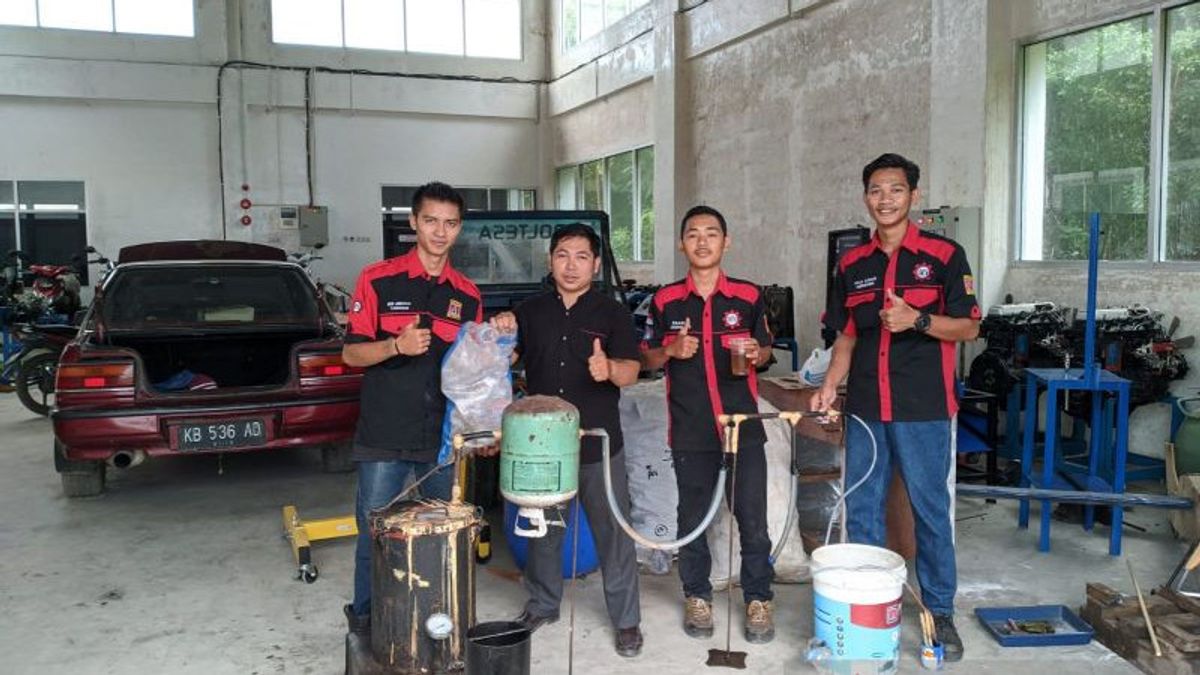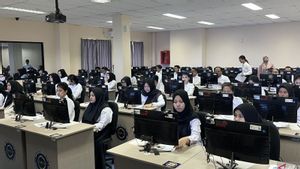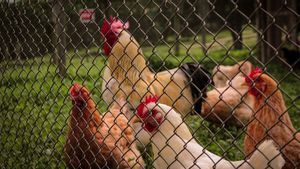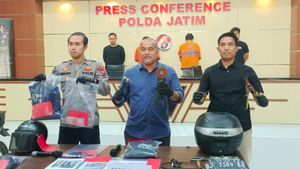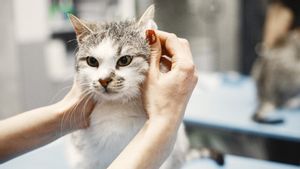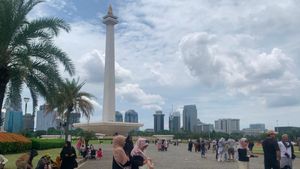SAMBAS - Mechanical Engineering students at the Sambas State Polytechnic (Poltesa), West Kalimantan again made a breakthrough, namely being able to turn plastic waste into fuel oil.
"The management of the plastic waste is using the pyrolysis method. This technique is a simple technique by heating plastic waste in conditions of minimal oxygen. In particular the types of polyethylene and polypropylene plastic waste which are made from petroleum," said Team Leader, Diko Hanuarhan when contacted in Sambas , Between, Friday, July 22.
In the team, Diko Januarhan is not alone but with Azizul, Khairul and Mulia Azhari. The team was supervised directly by Elandi, as a Poltesa Mechanical Engineering lecturer.
The innovation they make is an answer or a solution for managing plastic waste. Then the oil produced from the plastic waste accelerates the new energy target.
“In this activity, we took a sample of 1 kg of plastic waste that had been chopped, then heated in a closed medium using a used oil stove. The plastic waste which is heated in low oxygen conditions produces gas which is then cooled using 3 levels of condenser and turns into a liquid fraction that is close to the gasoline fraction. Although the tools used are still very simple, they can process plastic waste into 40-70% liquid fraction depending on the plastic waste that we process," he said.
Currently, the processing of plastic waste into oil is carried out only on a small scale because the tools used are still very simple.
“We have proven with simple technology that we can turn plastic waste into oil. We hope that this method of processing plastic waste into oil can be applied, especially in the Sambas Regency area. We hope that the government can provide a role and support so that this activity can continue and be implemented in a wider realm," he said.
Meanwhile Elandi, as a Poltesa Mechanical Engineering lecturer explained that waste in environmental health science is actually only part of objects or things that are considered unused, not used, not liked, or must be disposed of, in such a way that it does not interfere with survival.
The increase in the use of waste in this case, namely plastic waste is a consequence of the development of technology, industry and also the population. In Indonesia, the demand for plastic continues to increase, with an average increase of 200 tons per year.
“Actually, there are several alternative solutions in handling plastic waste so that it can be processed and recycled. For example, plastic waste is used as crafts, building materials, and others. However, in this case our students focus on processing plastic waste into oil. The campus continues to support student innovation," he said.
The English, Chinese, Japanese, Arabic, and French versions are automatically generated by the AI. So there may still be inaccuracies in translating, please always see Indonesian as our main language. (system supported by DigitalSiber.id)
